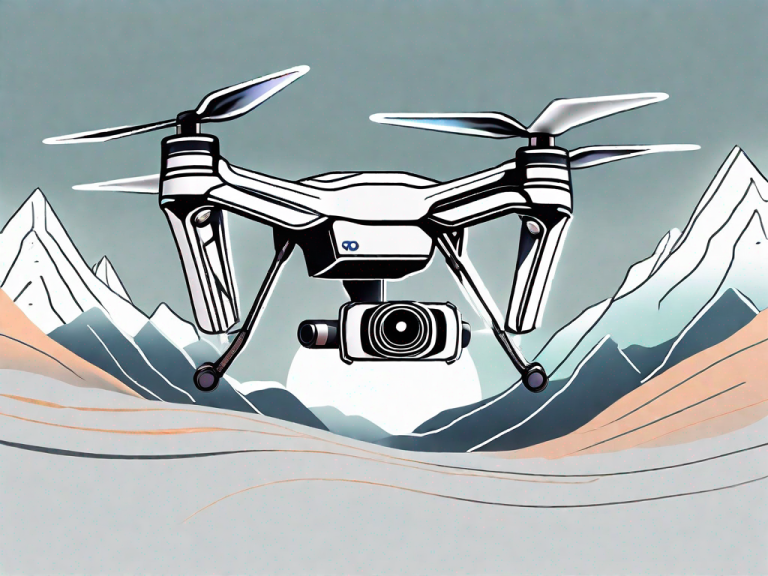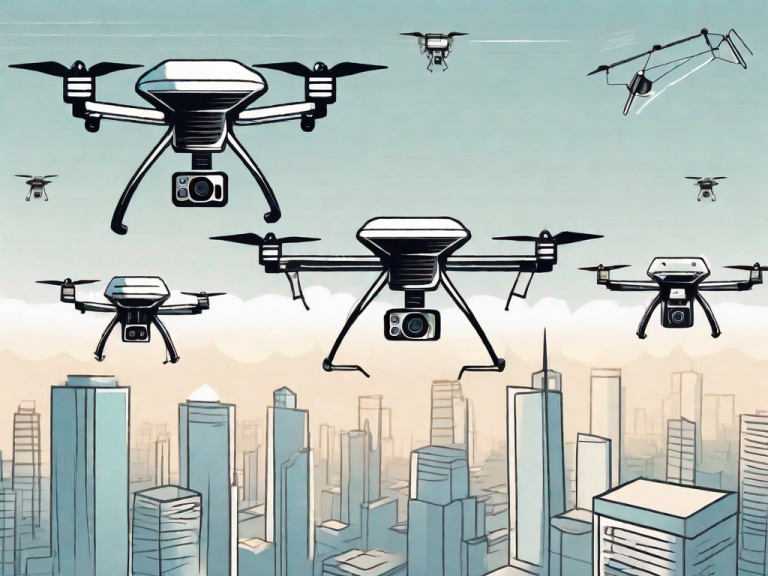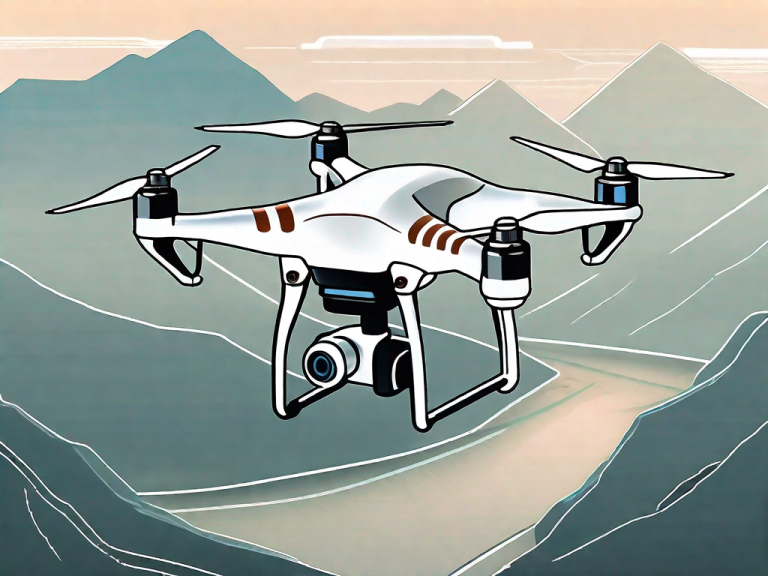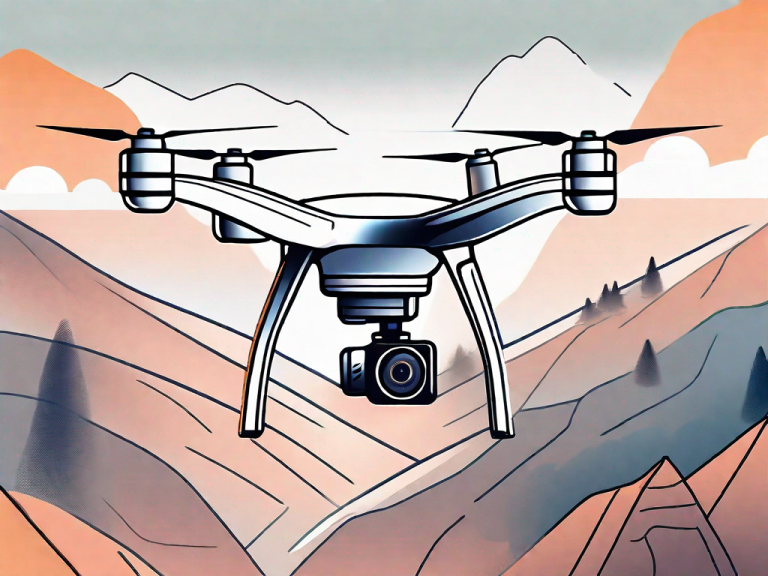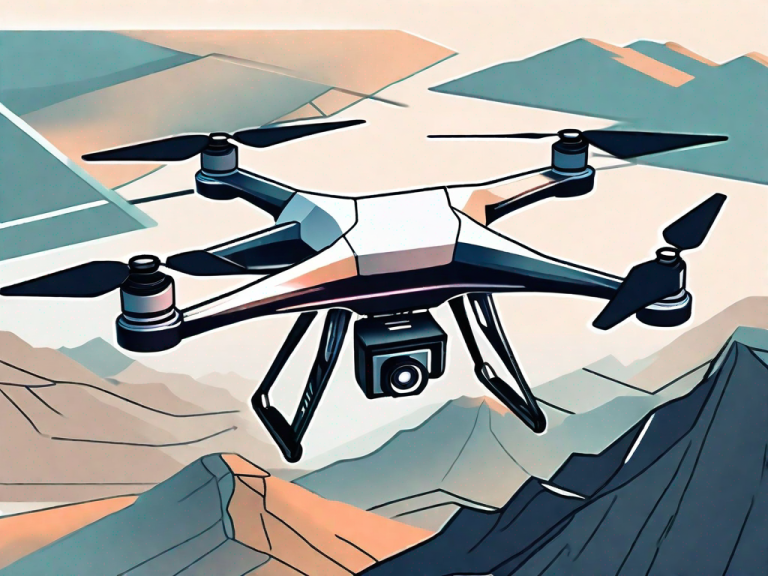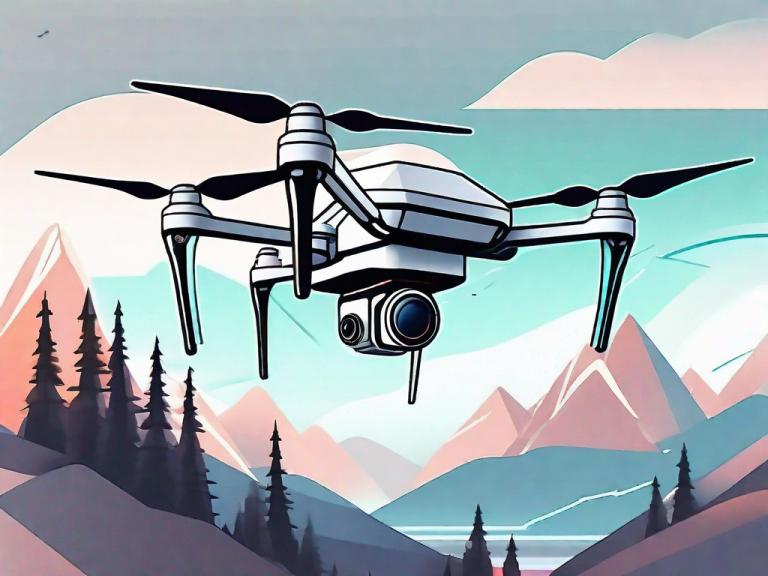Night photography can be a captivating and rewarding genre, allowing photographers to capture breathtaking images under the enchanting night sky. However, capturing stunning nighttime shots requires the right tools, particularly when it comes to selecting the best lens for your Canon camera. In this comprehensive guide, we will explore the importance of choosing the right lens for night photography, delve into Canon’s lens options for capturing nighttime shots, discuss essential factors to consider when selecting a Canon lens, and highlight the top features to look for in a lens designed for low-light conditions. Additionally, we will provide a comprehensive review comparing different Canon lenses for night photography, including prime lenses, zoom lenses, wide-angle lenses, telephoto lenses, and specialized lenses for astrophotography. We will also share tips and tricks for maximizing your chosen Canon lens’s potential in night photography, discuss the significance of aperture and image stabilization technology, explore the impact of different focal lengths on your nighttime shots, enhance your composition skills, and provide practical advice on maintenance and care for your chosen Canon lens.
Understanding the Importance of Choosing the Right Lens for Night Photography
When venturing into night photography, selecting the right lens becomes crucial in achieving outstanding results. The lens you choose determines the amount of light that reaches your camera’s sensor, influences image quality, and plays a significant role in capturing fine details, colors, and contrast in low-light conditions. As Canon offers a wide range of lenses, understanding their specifications and capabilities can help you make an informed decision, ensuring you choose a lens that suits your specific night photography needs.
One important factor to consider when choosing a lens for night photography is the aperture size. A wider aperture, indicated by a smaller f-number, allows more light to enter the lens, resulting in brighter and better-exposed images. This is particularly beneficial in low-light situations where there is limited available light. Canon offers several lenses with wide apertures, such as the Canon EF 50mm f/1.8 STM, which is known for its excellent low-light performance.
In addition to aperture size, the focal length of the lens also plays a crucial role in night photography. A lens with a longer focal length, such as a telephoto lens, can help you capture distant subjects with greater detail. This can be particularly useful when photographing cityscapes or capturing the moon and stars. On the other hand, a wide-angle lens with a shorter focal length can allow you to capture a broader view of the night sky or include more of the surrounding environment in your shots.
Exploring Canon’s Lens Options for Capturing Stunning Nighttime Shots
Canon offers an array of lenses suitable for night photography, each with its unique features and strengths. From versatile prime lenses to zoom lenses designed for low-light conditions, wide-angle lenses perfect for expansive night scenes, telephoto lenses ideal for capturing distant subjects, to specialized lenses tailored for astrophotography, Canon has a lens to match every photographer’s night photography aspirations.
One popular lens option for nighttime photography is the Canon EF 50mm f/1.8 STM lens. This prime lens is known for its wide aperture, allowing for excellent low-light performance and the ability to create a shallow depth of field. It is a versatile lens that can capture stunning portraits as well as detailed shots of cityscapes at night.
Factors to Consider When Selecting a Canon Lens for Night Photography
Several factors should guide your choice when selecting a Canon lens for night photography. First, consider the lens’s maximum aperture, as wider apertures, such as f/1.4 or f/2.8, allow more light to enter the camera, enabling faster shutter speeds and reducing the risk of camera shake. Second, evaluate the lens’s focal length, as the right focal length depends on the type of night photography you wish to pursue. Finally, take into account the lens’s build quality, image stabilization capabilities, and overall compatibility with your Canon camera model.
Additionally, it is important to consider the lens’s low-light performance. Some lenses are specifically designed to excel in low-light conditions, with features such as specialized lens coatings or advanced optical elements that minimize aberrations and improve image quality. These lenses can greatly enhance your night photography by capturing more detail and reducing noise in your images.
Top Features to Look for in a Canon Lens for Nighttime Shooting
When searching for the best Canon lens for nighttime shooting, certain features can elevate your photography experience and improve your results significantly. Look for lenses with superior low-light performance, excellent sharpness, minimal distortion, and reliable autofocus capabilities. Additionally, built-in image stabilization technology can be invaluable in mitigating camera shake and capturing sharp, blur-free images, especially during long-exposure shots in dimly lit environments.
Another important feature to consider when choosing a Canon lens for nighttime shooting is a wide maximum aperture. A lens with a wide aperture, such as f/1.4 or f/1.8, allows more light to enter the camera, resulting in brighter and more detailed images in low-light conditions. This is particularly beneficial when shooting subjects that are not well-lit, such as stars or cityscapes at night.
In addition to technical specifications, it is also worth considering the lens’s physical characteristics. Look for lenses that are compact and lightweight, as they are easier to handle and carry around during nighttime photography sessions. Weather sealing is another desirable feature, as it protects the lens from moisture and dust, allowing you to shoot in various weather conditions without worrying about damage to your equipment.
Comparing Different Canon Lenses for Night Photography: A Comprehensive Review
In this section, we will compare notable Canon lenses for night photography, including prime lenses, zoom lenses, wide-angle lenses, telephoto lenses, and specialized lenses for astrophotography. By examining their specifications, performance, and real-world advantages, we aim to provide you with an in-depth understanding of each lens type’s strengths and help you identify the best choice for your night photography endeavors.
When it comes to night photography, one of the key factors to consider is the lens’s maximum aperture. A wider aperture allows more light to enter the camera, resulting in brighter and more detailed images in low-light conditions. Prime lenses, with their fixed focal lengths and wide maximum apertures, such as f/1.4 or f/1.8, are often favored by photographers for night photography due to their ability to capture more light.
The Best Prime Lenses by Canon for Capturing Nighttime Scenes
Canon’s prime lenses are renowned for their exceptional image quality and wide maximum apertures, making them excellent options for night photography. Prime lenses, such as the Canon EF 50mm f/1.4 USM or the Canon EF 85mm f/1.4L IS USM, offer superb low-light performance, shallow depth of field capabilities, and stunning bokeh effects, allowing you to capture captivating nighttime scenes with remarkable detail and artistic flair.
One of the key advantages of using prime lenses for nighttime photography is their wide maximum apertures. The wide aperture allows more light to enter the lens, resulting in brighter and more detailed images, even in low-light conditions. This is particularly beneficial when shooting nighttime scenes where the available light may be limited.
In addition to their low-light performance, prime lenses also offer excellent sharpness and clarity. The fixed focal length of prime lenses eliminates the need for zooming, which can sometimes compromise image quality. With a prime lens, you can achieve crisp and detailed images, capturing the intricate details of nighttime scenes with precision.
Zoom Lenses from Canon: Ideal Choices for Shooting in Low-Light Conditions
Canon also offers a range of zoom lenses tailored for low-light shooting. Zoom lenses, such as the Canon EF 24-70mm f/2.8L II USM or the Canon EF 70-200mm f/2.8L IS III USM, provide versatility and flexibility, allowing you to adjust the focal length to suit different night photography scenarios. These lenses often boast wide maximum apertures and advanced optics, ensuring excellent image quality, sharpness, and capturing impressive details even in challenging lighting conditions.
In addition to their wide maximum apertures and advanced optics, Canon’s zoom lenses for low-light shooting also incorporate image stabilization technology. This feature helps to minimize camera shake, allowing for sharper images even when shooting handheld in dimly lit environments. Whether you’re capturing cityscapes at night or photographing wildlife in low-light conditions, these zoom lenses from Canon are the ideal choice for achieving stunning results.
Wide-Angle Lenses by Canon: Enhancing Your Nighttime Photography Experience
Wide-angle lenses play a critical role in capturing expansive night scenes and cityscapes. Canon’s wide-angle lenses, such as the Canon EF 16-35mm f/2.8L III USM or the Canon RF 15-35mm f/2.8L IS USM, offer wide fields of view, allowing you to incorporate vast landscapes and stunning architectural details into your nighttime shots. With their remarkable image quality and low-light capabilities, these lenses are beloved by night photographers seeking to capture the grandeur of the night sky or the hustle and bustle of urban environments.
In addition to their wide fields of view, Canon’s wide-angle lenses also feature advanced optical technologies that enhance nighttime photography. These lenses are equipped with specialized lens coatings, such as Canon’s Air Sphere Coating (ASC) or Subwavelength Structure Coating (SWC), which minimize ghosting and flare caused by stray light. This ensures that your nighttime images are sharp, clear, and free from unwanted artifacts.
Telephoto Lenses That Excel in Night Photography: A Guide by Canon
Telephoto lenses are essential for capturing distant subjects and compressing the perspective in your night shots. Canon’s telephoto lenses, such as the Canon EF 100-400mm f/4.5-5.6L IS II USM or the Canon RF 70-200mm f/2.8L IS USM, deliver exceptional image quality, allowing you to capture details that may otherwise be challenging to reach. These lenses feature wide apertures, advanced image stabilization, and fast autofocus capabilities, ensuring sharp and vibrant night images, whether you’re photographing wildlife, celestial objects, or elusive night-time events.
One of the key advantages of using telephoto lenses for night photography is their ability to isolate subjects and create a shallow depth of field. This can be particularly useful when photographing cityscapes at night, as it allows you to focus on specific buildings or landmarks while blurring out distracting elements in the background. The wide apertures found in Canon’s telephoto lenses enable you to achieve this desired effect, resulting in stunning and visually striking night images.
In addition to their optical capabilities, Canon’s telephoto lenses also offer advanced features that enhance the overall shooting experience. For example, the image stabilization technology found in these lenses helps to minimize camera shake, allowing you to capture sharp images even in low-light conditions. This is especially beneficial when shooting handheld at night, where a steady hand is crucial for obtaining clear and blur-free photographs. Furthermore, the fast autofocus capabilities of Canon’s telephoto lenses ensure that you can quickly and accurately focus on your desired subject, enabling you to capture those fleeting moments that often occur during night-time events or wildlife photography.
Exploring Specialized Lenses by Canon for Astrophotography at Night
Canon offers specialized lenses catered specifically to astrophotography enthusiasts. These lenses, like the Canon EF 14mm f/2.8L II USM or the Canon RF 85mm f/1.2L USM DS, are optimized for capturing stunning celestial bodies, including the moon, stars, and distant galaxies. With their wide apertures, excellent corner-to-corner sharpness, and minimal aberrations, these lenses unlock new possibilities for capturing the wonders of the night sky and allow you to create awe-inspiring astro-photographic masterpieces.
Tips and Tricks for Getting the Most out of Your Chosen Canon Lens at Night
Once you’ve selected the perfect Canon lens for your night photography endeavors, it’s essential to familiarize yourself with various tips and tricks to maximize its potential. Consider techniques such as long exposure, careful composition, experimenting with different angles and perspectives, and utilizing the best practices for focusing and metering in low-light conditions. These tips, combined with your chosen Canon lens’s capabilities, will help you capture breathtaking night images with precision and creativity.
Understanding the Importance of Aperture in Night Photography with Canon Lenses
In night photography, aperture plays a crucial role in controlling the amount of light that enters the camera. Widening the aperture (using lower f-stop values) allows more light to reach the sensor, enabling faster shutter speeds and reducing the risk of image blur. Canon lenses with wider maximum apertures, such as f/1.4 or f/2.8, provide excellent low-light performance, permitting you to capture sharp and well-exposed images even in challenging lighting conditions.
How Image Stabilization Technology in Canon Lenses Can Improve Your Night Shots
Image stabilization technology plays a vital role in night photography, especially when using slower shutter speeds to capture the darkness. Canon lenses equipped with image stabilization, such as Canon’s IS (Image Stabilization) or RF (Image Stabilization) lenses, help reduce camera shake, resulting in sharper, blur-free images. This technology compensates for hand movements, allowing you to shoot handheld or extend exposure times without the need for a tripod, providing greater flexibility and convenience in your night photography adventures.
Exploring Different Focal Lengths and Their Impact on Night Photography with Canon Lenses
Focal length significantly influences the composition and perspective of your night shots. Shorter focal lengths, such as wide-angle lenses, allow you to capture expansive night scenes and incorporate more elements into your frame. On the other hand, longer focal lengths, like those provided by telephoto lenses, allow you to zoom in on distant subjects, emphasizing details and compressing the perspective. Understanding and experimenting with different focal lengths will help you convey your storytelling vision and create captivating night images with your chosen Canon lens.
Enhancing Your Composition Skills with a Suitable Canon Lens for Nighttime Shooting
Composition is a fundamental element in photography, and night photography is no exception. With the right Canon lens, you can enhance your composition skills and create visually striking nighttime images. Explore using leading lines, incorporating foreground interest, utilizing the rule of thirds, experimenting with symmetry, and creatively employing light and shadow to achieve a balanced and captivating composition. Be sure to take advantage of your chosen Canon lens’s field of view, perspective, and inherent capabilities to compose breathtaking night photographs.
Techniques for Overcoming Challenges in Night Photography with the Right Canon Lens
Night photography presents specific challenges, including limited light, longer exposure times, and potential noise in images. However, with the right Canon lens and a sound understanding of night photography techniques, these challenges can be overcome. Learn techniques such as capturing bracketed exposures for high dynamic range (HDR) images, utilizing noise reduction strategies, employing light painting or astrophotography stacking methods, and exploring post-processing techniques to refine your night shots and overcome any hurdles you may encounter.
Achieving Stunning Bokeh Effects with Select Canon Lenses for Nighttime Scenes
Bokeh, or the quality of the out-of-focus areas in your photographs, can add a wonderful artistic element to nighttime scenes. Certain Canon lenses, particularly prime lenses with wider apertures, excel at producing pleasing bokeh. Experiment with larger apertures, focusing on subjects that stand out against a blurred background, and playing with the distance between your subject and the background to achieve stunning bokeh effects that add depth and visual interest to your night photography compositions.
Practical Advice on Maintenance and Care for Your Chosen Canon Lens for Night Photography
Proper maintenance and care for your chosen Canon lens will ensure its longevity and optimal performance in night photography. Regularly clean your lens using appropriate tools and techniques, store it in a dry and dust-free environment, and protect it with lens filters or lens hoods. Additionally, be mindful of safe handling practices, avoid exposing your lens to extreme environmental conditions, and consider periodic professional lens maintenance to keep your lens in the best possible condition for capturing stunning night shots for years to come.
In conclusion, selecting the best Canon lens for night photography is essential in achieving outstanding results. Understanding the importance of lens choice, exploring Canon’s lens options, considering crucial factors, and evaluating features will help you make an informed decision. By comparing different Canon lenses, including prime, zoom, wide-angle, telephoto, and specialized lenses, you can identify the one that suits your specific night photography needs. Additionally, incorporating various tips and techniques, understanding the significance of aperture, image stabilization, and focal length, and refining your composition skills will further enhance your night photography prowess. Lastly, maintaining and caring for your chosen Canon lens will ensure it continues to deliver exceptional performance in capturing stunning nighttime scenes.




